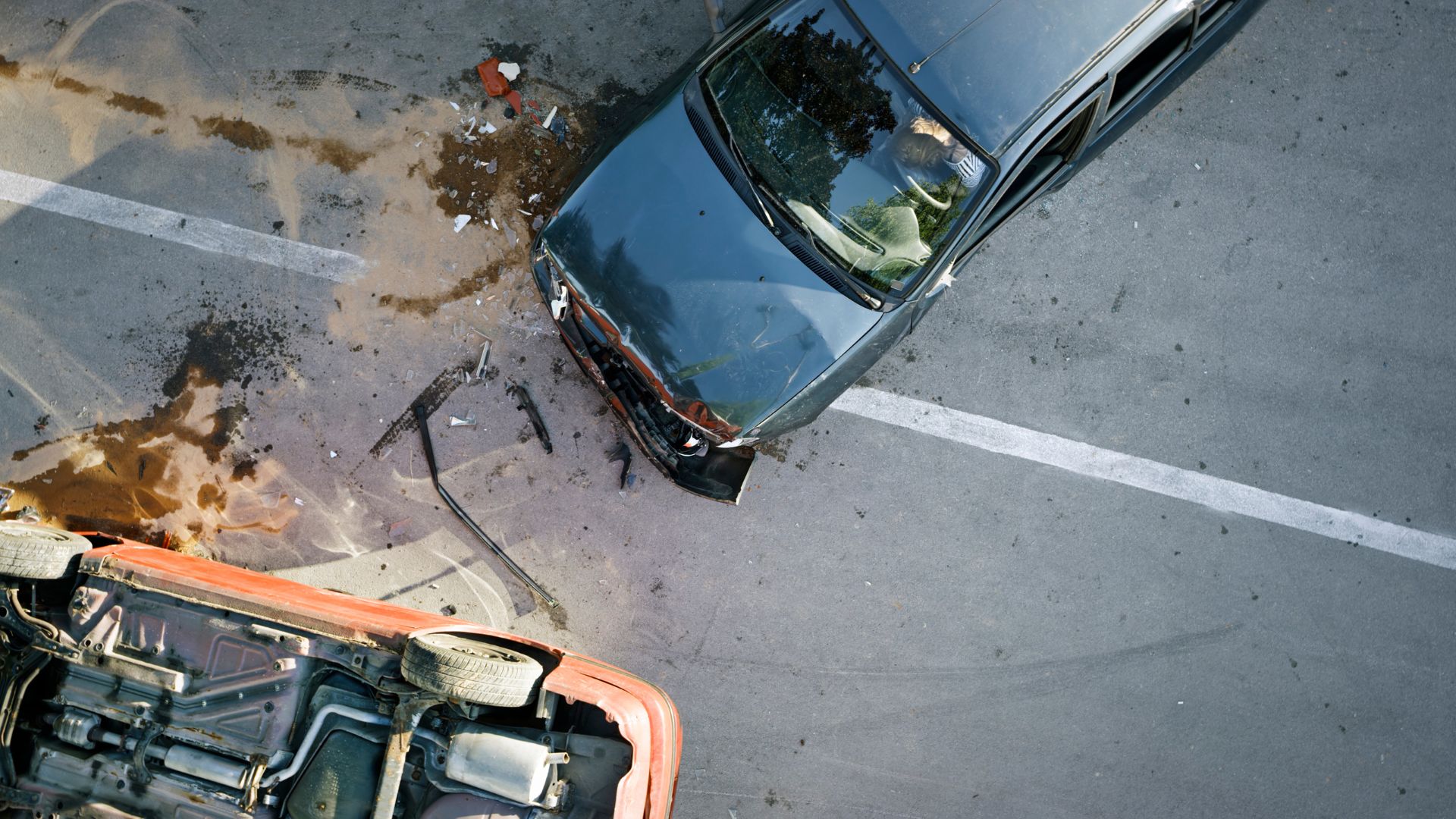Car accidents are an unfortunate reality of driving, especially in bustling cities like Las Vegas. Whether you’re a resident or a tourist, knowing what to do immediately after a car accident can make a big difference in protecting your rights, health, and financial well-being. Our firm has managed thousands of car accident cases, and we’ve put together this guide to offer you a clear, step-by-step approach to navigating the aftermath of a car accident in Las Vegas.
1. Safety First: Check for Injuries
Your safety and the safety of others should be your top priority. Immediately after the accident, assess yourself and others involved for injuries. If anyone is seriously injured, call 911 right away to request emergency medical assistance. Even if injuries seem minor, it’s important to seek medical attention as some injuries may not be immediately apparent.
2. Move to a Safe Location
If the accident is minor and vehicles are drivable, move them to a safe location out of traffic. This helps keep everyone safe and prevents any more accidents from happening. In Las Vegas, it’s common to move vehicles to the side of the road or into a nearby parking lot. However, if the vehicles are heavily damaged or if there are serious injuries, it’s best to leave them where they are and wait for emergency services.
3. Call the Police
In Las Vegas, it’s required by law to report any car accident that results in injury, death, or significant property damage. Calling the police is needed, as they will document the scene, take statements, and file an official accident report. This report can be very important when filing an insurance claim or pursuing legal action. When the police arrive, be sure to provide accurate and detailed information about what happened.
4. Exchange Information
After taking the proper safety measures and contacting the police, it’s time to exchange information with the other parties involved. Here’s what you should gather:
- Names and contact information of all drivers and passengers
- Driver’s license numbers
- License plate numbers
- Insurance information (including the policy number and the name of the insurance company)
- Vehicle make, model, and color
- Location of the accident
This information will be critical for insurance claims and any potential legal proceedings.
5. Document the Scene
Thorough documentation of the accident scene can be invaluable. Use your smartphone to take photos and videos of the following:
- Damage to all vehicles involved
- Any visible injuries
- Skid marks, debris, and other relevant road conditions
- Traffic signs, signals, and road markings
- Weather and lighting conditions at the time of the accident
Additionally, if there are any witnesses, try to get their contact information and a brief statement of what they saw. Their testimony can be important if there are disputes about how the accident occurred.
6. Avoid Admitting Fault
In the midst of all the confusion and stress of an accident, it might be tempting to apologize or admit fault, but it’s important to avoid making any statements that could be interpreted as an admission of guilt. Stick to the facts when speaking with the police and the other driver. The determination of fault will be made by the insurance companies and, if necessary, the courts.
7. Seek Medical Attention
Even if you feel fine after the accident, it’s wise to seek medical attention. Some injuries, such as whiplash or internal injuries, might not manifest symptoms immediately. A medical professional can provide a thorough examination and document any injuries, which can be important for your insurance claim or a personal injury lawsuit.
8. Notify Your Insurance Company
As soon as possible after the accident, contact your insurance company to report the incident. Provide them with the details of the accident, including the police report number if available. Be honest and accurate in your account, as providing false information could result in a denial of your claim. Your insurance company will guide you through the claims process and inform you of any next steps.
9. Keep a Record of Everything
Maintaining a detailed record of everything related to the accident is crucial. This includes:
- Medical records and bills
- Repair estimates and invoices
- Correspondence with insurance companies
- Copies of the police report
- Any communication with the other party involved in the accident
Having an organized file with all these documents will make the process of filing claims and potentially pursuing legal action much smoother.
10. Consider Consulting an Attorney
If the accident resulted in significant injuries, substantial property damage, or if there is any dispute about fault, it might be wise to consult with a personal injury attorney. A knowledgeable attorney can help protect your rights, negotiate with insurance companies, and make sure you receive the compensation you’re entitled to.
11. Get to Know Nevada’s Comparative Negligence Law
Nevada follows a comparative negligence rule, which means that even if you are partially at fault for the accident, you may still be eligible to recover damages. However, your compensation will be reduced by your percentage of fault. For example, if you are found to be 20% at fault and the total damages are $10,000, you would receive $8,000. It’s important to understand this law as it can significantly impact the outcome of your case.
12. Be Aware of the Statute of Limitations
In Nevada, the statute of limitations for filing a personal injury lawsuit related to a car accident is typically two years from the date of the accident. For property damage claims, you usually have three years. Failing to file within these time frames could result in losing your right to seek compensation. Consulting with an attorney early on can help ensure that you meet all necessary deadlines.
WCTL Will Stand By You, Every Step of The Way
A car accident can turn your life upside down in an instant, leaving you feeling overwhelmed and uncertain. But you don’t have to navigate this difficult time alone. By taking the right steps, you can protect your rights and set yourself up for the best possible outcome. Prioritize your safety, document every detail, and don’t hesitate to seek legal guidance when needed. At West Coast Trial Lawyers, we’re here to support you through every stage of the process.
Contact us today at (213) 927-3700 or use the online contact form to speak to our compassionate and dedicated legal staff and let us help you get the justice and compensation you deserve.












































































